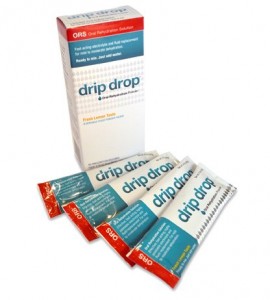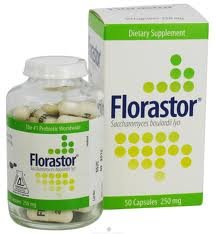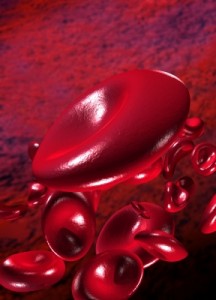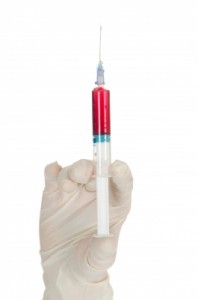Why are so many Americans suffering from vitamin B12 deficiency, when animal-based foods containing cobalamin are so plentiful? And why aren’t more doctors catching it before it escalates into symptoms of fatigue, chronic pain, memory loss, and severe neurological handicaps? These are just some of the important issues that this eye-opening video about vitamin B12 deficiency will explain.
The video is Diagnosing and Treating Vitamin B12 Deficiency, and it is perhaps the most crucial 50 minutes you will ever see regarding one of the most rampant forms of malnutrition to impair millions of citizens in recent times- pernicious anemia…and the number is still growing.
Pernicious anemia
Once regarded a lethal disease, pernicious anemia is a condition which causes symptoms of intense daily fatigue, numbness and tingling in the extremities, dementia, dizziness, depression, and impaired muscle coordination.
Pernicious anemia affects your nervous system, cognitive functioning, and emotional health; it also increases your risk for heart attack, stroke, and early dementia from old age.
The missing link, of course, is vitamin B12.
Pernicious anemia impairs your ability to digest vitamin B12 from the foods you eat every day; food sources such as beef, seafood, and poultry are all extremely rich in this vital nutrient.
For years, scientists have known that the cure for pernicious anemia is immediate and lifelong vitamin B12 (cobalamin) supplementation in a non-dietary form, usually vitamin B12 shots.
Why then is vitamin B12 deficiency making its way back into patient files, when we thought we had it defeated long ago?
Doctor, doctor, get the news update
This very informative must-see video on the B12 crisis makes some very important points about the medical profession and the rising numbers of patients experiencing moderate to severe nerve damage from pernicious anemia.
- A significantly large number of medical practitioners are ill-prepared to catch symptoms of low vitamin B12 levels early on, and receive little or no training in the diagnosis of pernicious anemia.
- The idea that a simple vitamin may provide a cure for a specific illness is regarded by health officials as bogus, so the illness itself- pernicious anemia- is considered of no concern.
- While blood tests may prevent death from pernicious anemia, they are nevertheless failing us by allowing debilitating symptoms of neurological damage to completely fall off the medical radar.
- Increasing evidence shows that imposed folate fortification in cereal products may have backfired by increasing one’s risk for developing vitamin B12 deficiency.
Your turn!
Do you have any questions or suggestions? Please leave your comments below.
Share with your friends!
If you found this article helpful, then please share with your friends, family, and coworkers by email, Facebook, or Google+.
Like this? Read more:
Pernicious Anemia and Vitamin B12 Deficiency: Which Causes Which?
Can Vitamin B12 Repair Nerve Cells?
Image(s) courtesy of vongvanvi /FreeDigitalPhotos.net


















